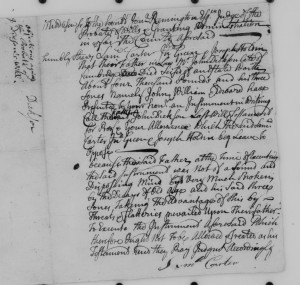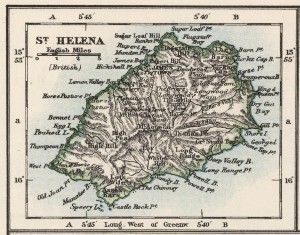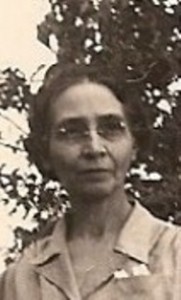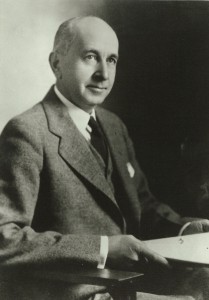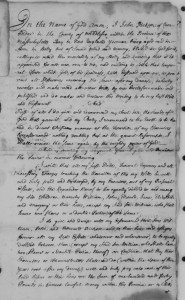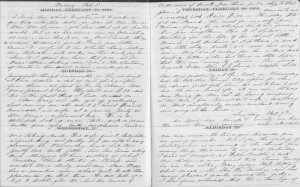[Editor’s note: Alicia’s series begins here.]
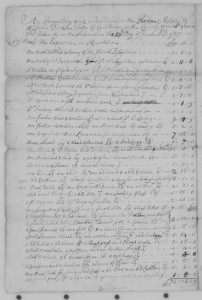
The inventory
Two important dates to remember to note are the date an inventory was taken and the date it was filed with the court. There are many instances where these dates can give clues to the date of death or reveal irregularities such as delayed proceedings. On the top of the first page of John Dickson’s inventory is the date 27 June 1737, which looks like it is the date the inventory was taken, but on the back of the second page is the date 30 March 1737, which is more likely when the inventory was initially made. Because of the delay caused by the contested will it was not filed until June. The inventory may also have been updated before being made official, as there are noticeable corrections made in a darker ink, including the date. Continue reading Probate records: Part Four
